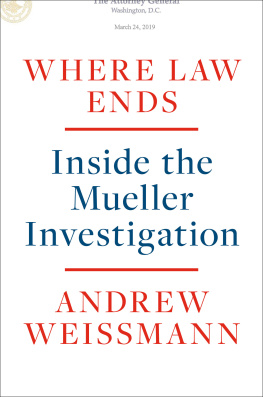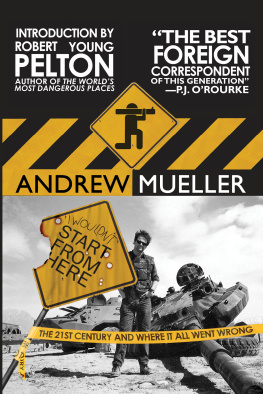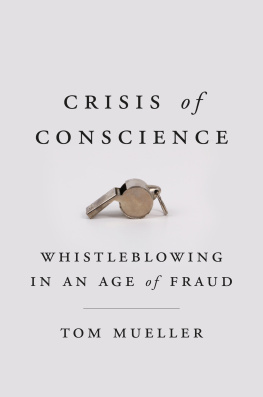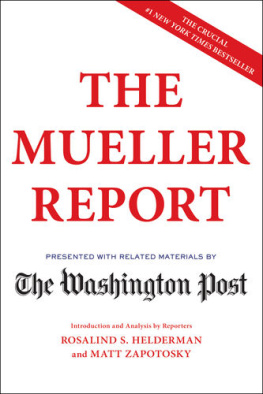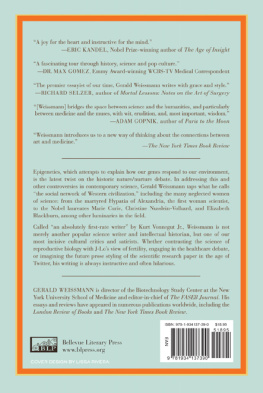Andrew Weissmann - Where Law Ends: Inside the Mueller Investigation
Here you can read online Andrew Weissmann - Where Law Ends: Inside the Mueller Investigation full text of the book (entire story) in english for free. Download pdf and epub, get meaning, cover and reviews about this ebook. year: 2020, publisher: Random House Publishing Group, genre: Detective and thriller. Description of the work, (preface) as well as reviews are available. Best literature library LitArk.com created for fans of good reading and offers a wide selection of genres:
Romance novel
Science fiction
Adventure
Detective
Science
History
Home and family
Prose
Art
Politics
Computer
Non-fiction
Religion
Business
Children
Humor
Choose a favorite category and find really read worthwhile books. Enjoy immersion in the world of imagination, feel the emotions of the characters or learn something new for yourself, make an fascinating discovery.
- Book:Where Law Ends: Inside the Mueller Investigation
- Author:
- Publisher:Random House Publishing Group
- Genre:
- Year:2020
- Rating:5 / 5
- Favourites:Add to favourites
- Your mark:
- 100
- 1
- 2
- 3
- 4
- 5
Where Law Ends: Inside the Mueller Investigation: summary, description and annotation
We offer to read an annotation, description, summary or preface (depends on what the author of the book "Where Law Ends: Inside the Mueller Investigation" wrote himself). If you haven't found the necessary information about the book — write in the comments, we will try to find it.
Where Law Ends: Inside the Mueller Investigation — read online for free the complete book (whole text) full work
Below is the text of the book, divided by pages. System saving the place of the last page read, allows you to conveniently read the book "Where Law Ends: Inside the Mueller Investigation" online for free, without having to search again every time where you left off. Put a bookmark, and you can go to the page where you finished reading at any time.
Font size:
Interval:
Bookmark:
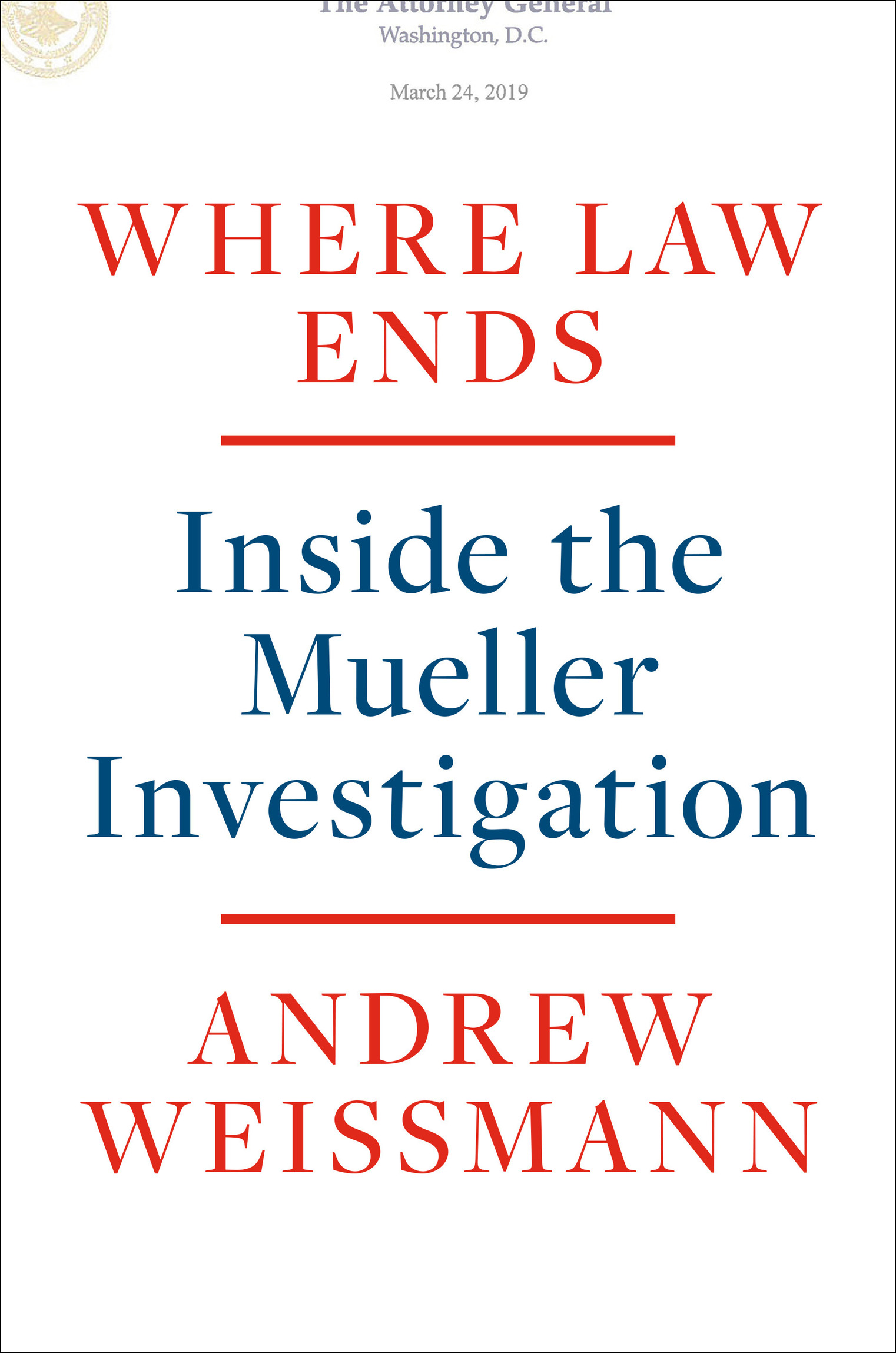
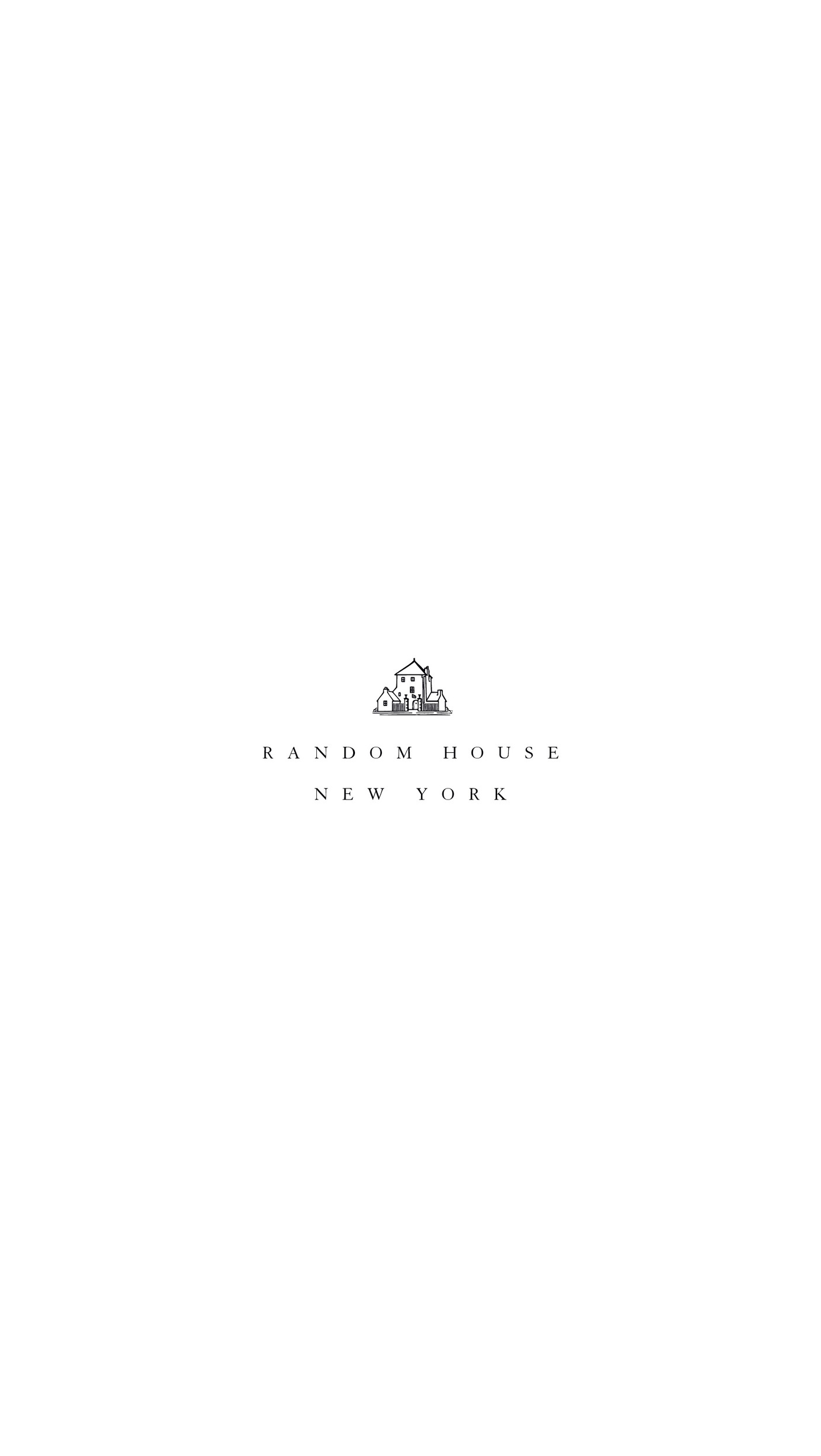
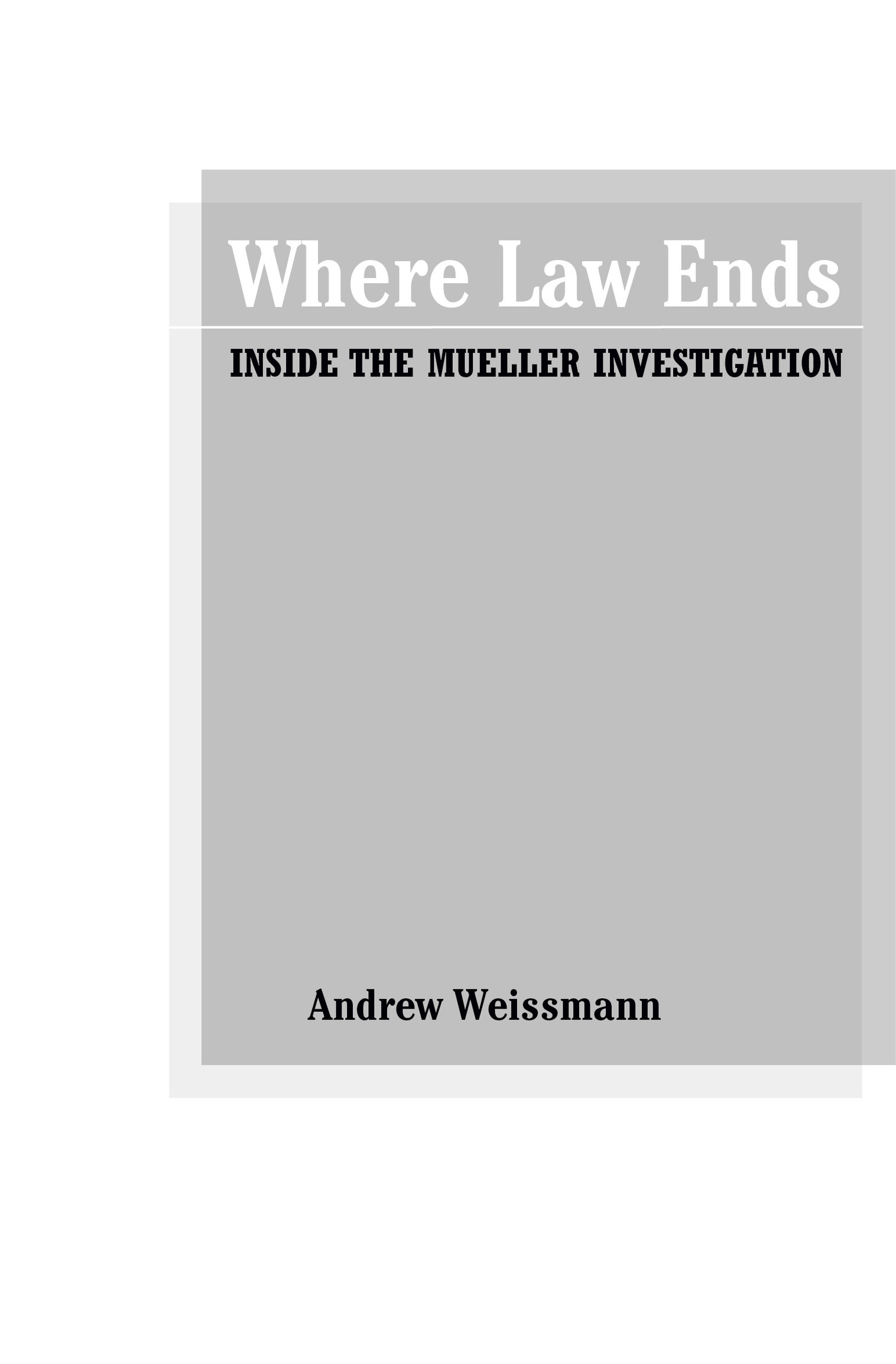
Quotations are not verbatim and are based on my memory, as the Department of Justice prohibited my keeping any notes or other documents upon leaving the Special Counsels Office.
Copyright 2020 by Andrew Weissmann LLC
All rights reserved.
Published in the United States by Random House, an imprint and division of Penguin Random House LLC, New York.
R ANDOM H OUSE and the H OUSE colophon are registered trademarks of Penguin Random House LLC.
Hardback ISBN9780593138571
Ebook ISBN9780593138588
randomhousebooks.com
Book design by Debbie Glasserman, adapted for ebook
Cover design: Greg Mollica
ep_prh_5.6.0_c0_r0
Wherever law ends, tyranny begins.
JOHN LOCKE
IT WAS SUNDAY AFTERNOON, March 24, 2019. I was passing through the Lincoln Tunnel in my old gray Subaru, heading toward the soulless thruways that stretch between New York City and Washington, D.C. On the passenger side floor was Innis, my English cocker spaniel, curled up and dozing. His breeder had promised me he was a great travel dog who would easily be lulled to sleep in a moving vehicle, a quality that had come in handy, given my peripatetic lifestyle over the years, ping-ponging between my home in New York and my job at the Department of Justice. The trips had grown increasingly rare, though, as I found myself working around the clock in Washington.
As numbing as this drive usually was, this particular trip was wistful. I had spent the past twenty-two months working as a prosecutor for Robert S. Mueller III, leading one of the three main teams in the Special Counsels Office charged with investigating Russian interference in the 2016 presidential election and coordination between the Russians and the presidential campaign of Donald J. Trump. Two days before, on Friday, March 22, we had finally delivered our report, all 448 pages of it, to the new attorney general, William Barr. We were feeling a note of finality to our collective mission. The Special Counsels Office had already largely dissolved. Wed said our goodbyes. I was driving back to Washington, one last time, to polish a couple of last memos to file and organize the documents in my office for the government archivists who would preserve our papers for posterity. At age sixty-one, after more than twenty years as a federal prosecutor, I would be returning to teach at NYU School of Law as a private citizen in my hometown.
After months of speculation, the press now had written confirmation from Barr himself that our report had been submitted and that he would soon be issuing a public statement about it. All weekend, the drumbeat in the media grew louder, as the press and many other Americans who felt invested in our work awaited the attorney generals announcement. Internally, of course, we already knew what the report contained and had not breathed a word of it, true to our no-leak reputation.
The special counsels report was a devastating recitation of how Russian government operatives had infiltrated our electoral process, a conclusion that we all believed to be our most important long-term finding and one that required immediate and decisive action by our political leaders. As to whether any member of the Trump campaign, or anyone else, conspired with the Russians, our report was mixed. We had found insufficient evidence to criminally charge a conspiracy with the Russians beyond a reasonable doubtthe high standard of proof required for any criminal charge and conviction. But the frequency and seriousness of interactions we uncovered between the campaign and the Russians were nevertheless chilling, with Trump campaign officials both receptive to, and soliciting, Russian assistance throughout the summer and fall of 2016.
The final question our investigation pursued was whether the president had obstructed justice before or after our office was up and running. The facts here were no less appalling, although we had not indicted the president or, frustratingly, even taken the final leap of putting a label on what the facts added up to. Instead, our report set out numerous episodes that provided clear evidence against the president. However, we were forbidden from indicting him for these crimes, as we were employees of the Department of Justice and bound to follow an internal Department policy that no president could be indicted while in officewhether we agreed with that rule or not.
Given this idiosyncratic circumstance, Mueller had decided it would be unfair to say that we found the president had committed a crime, as Trump would not be able to challenge our conclusion in court, at least until he left office. Thus our report laid out the proof of his criminal conduct in detail, but did not give our legal assessment of itwe never said outright that hed committed a crime. Instead, we had left it to Congress to make its own assessment of our evidence, or to another prosecutor in the future, who would be free to indict the president once hed left office.
We were well aware that this approach would read awkwardly and, frankly, as a transparent attempt to hide our true thoughts. Anyone reading the report as a whole would see that when the evidence did not rise to such a level, we had explicitly said so, including when the conduct was that of the president. By contrast, our silence on whether Trump had obstructed justicewhether the president of the United States had broken the lawwould be deafening. When he was not guilty of certain crimes, we said so; and when he was, we were silent. But we had found no other way of dealing with Muellers decision to abide by the principle of protecting anyone who could not have his or her day in court.
I spent most of the five-hour drive to Washington awaiting news of Barrs announcement on the radio. I was listening on my iPhone, as the radio in my car had been on the fritz ever since a mechanic had jump-started my battery improperly around the time Id joined the Special Counsels Office, and Id never found a moment to get it fixed. For hours, there was only endless blather and speculation on air, filling the time. But, late that afternoon, as I drove along the New Jersey Turnpike, that changed: There was real news to report.
My ears perked up. The CNN announcers reported that they had their hands on a four-page letter from the attorney general, summarizing the conclusions of our report. This immediately struck me as odd. We knew that only diehards would read the entire report, which was written by lawyers and filled with dense legalese, so we had prepared summaries of our findings, highlighting key conclusions and evidence in both volumes of the report. When Barr announced he would be issuing something public shortly after receiving our report, I had assumed it would be these summaries. That would be the easiest way to get information to the public quickly, as Barr professed he wanted to do, and would not carry any risk of skewing one way or the other what the special counsel had determined. After all, the whole point of appointing a special counsel was to ensure an investigation of the president would be conducted independently, rather than led by the attorney general, a presidentially appointed cabinet member who might, therefore, be beholden to the subject of the probe. But from what I was now hearing, Barr had clearly not taken this approach, as our summaries were much longer than four pages.
Font size:
Interval:
Bookmark:
Similar books «Where Law Ends: Inside the Mueller Investigation»
Look at similar books to Where Law Ends: Inside the Mueller Investigation. We have selected literature similar in name and meaning in the hope of providing readers with more options to find new, interesting, not yet read works.
Discussion, reviews of the book Where Law Ends: Inside the Mueller Investigation and just readers' own opinions. Leave your comments, write what you think about the work, its meaning or the main characters. Specify what exactly you liked and what you didn't like, and why you think so.

